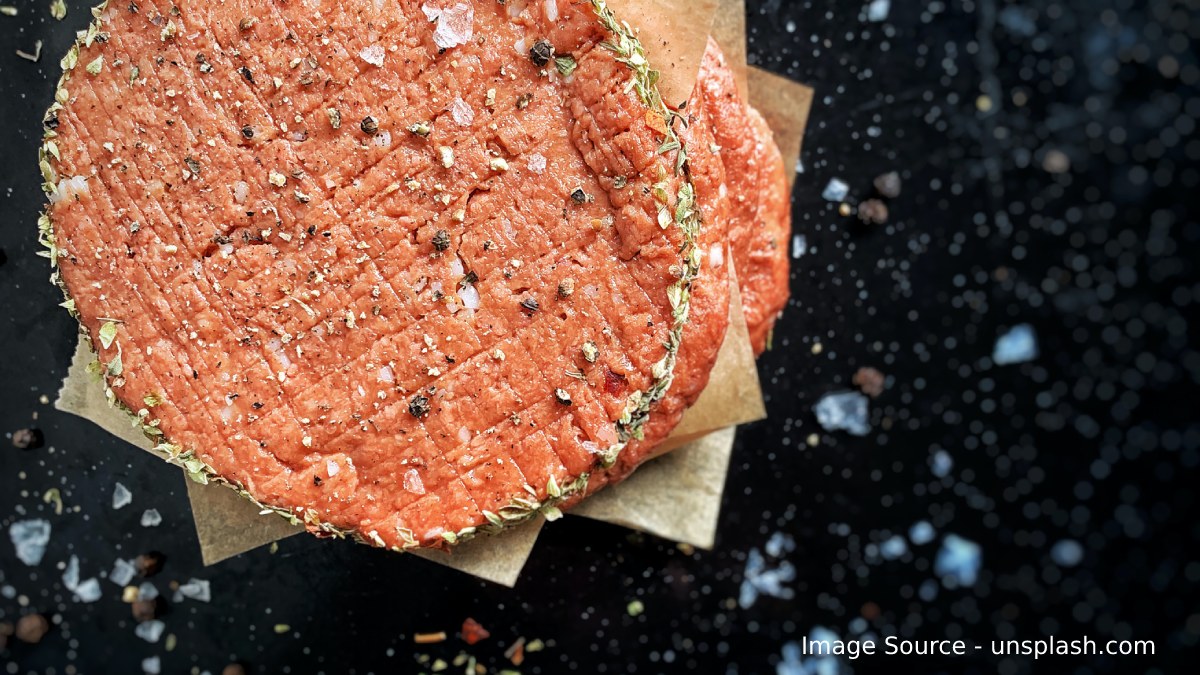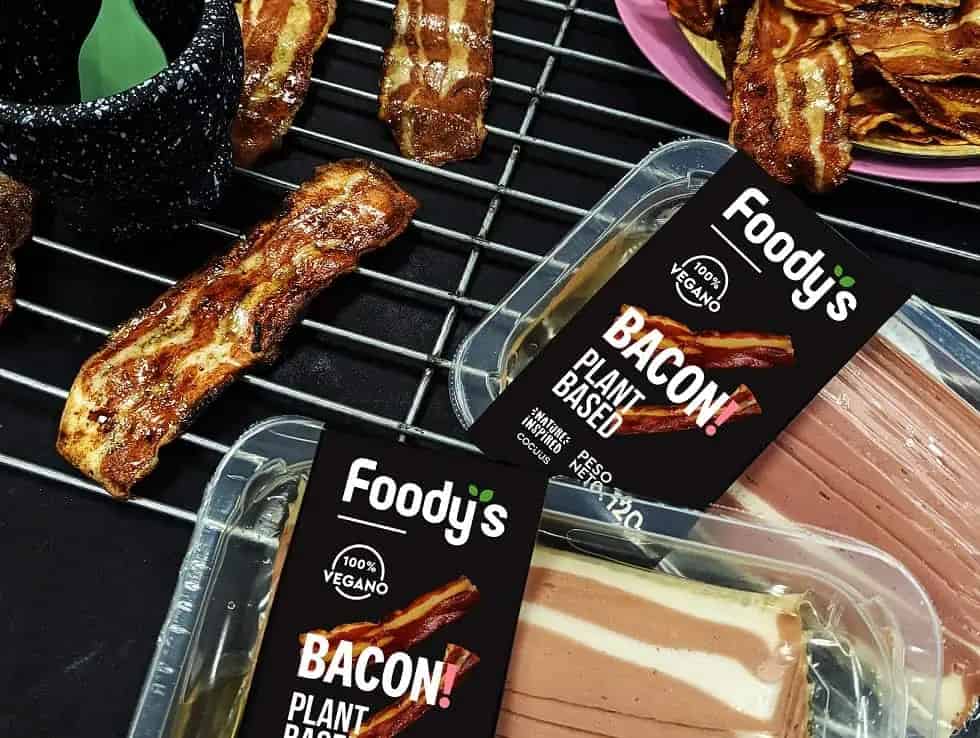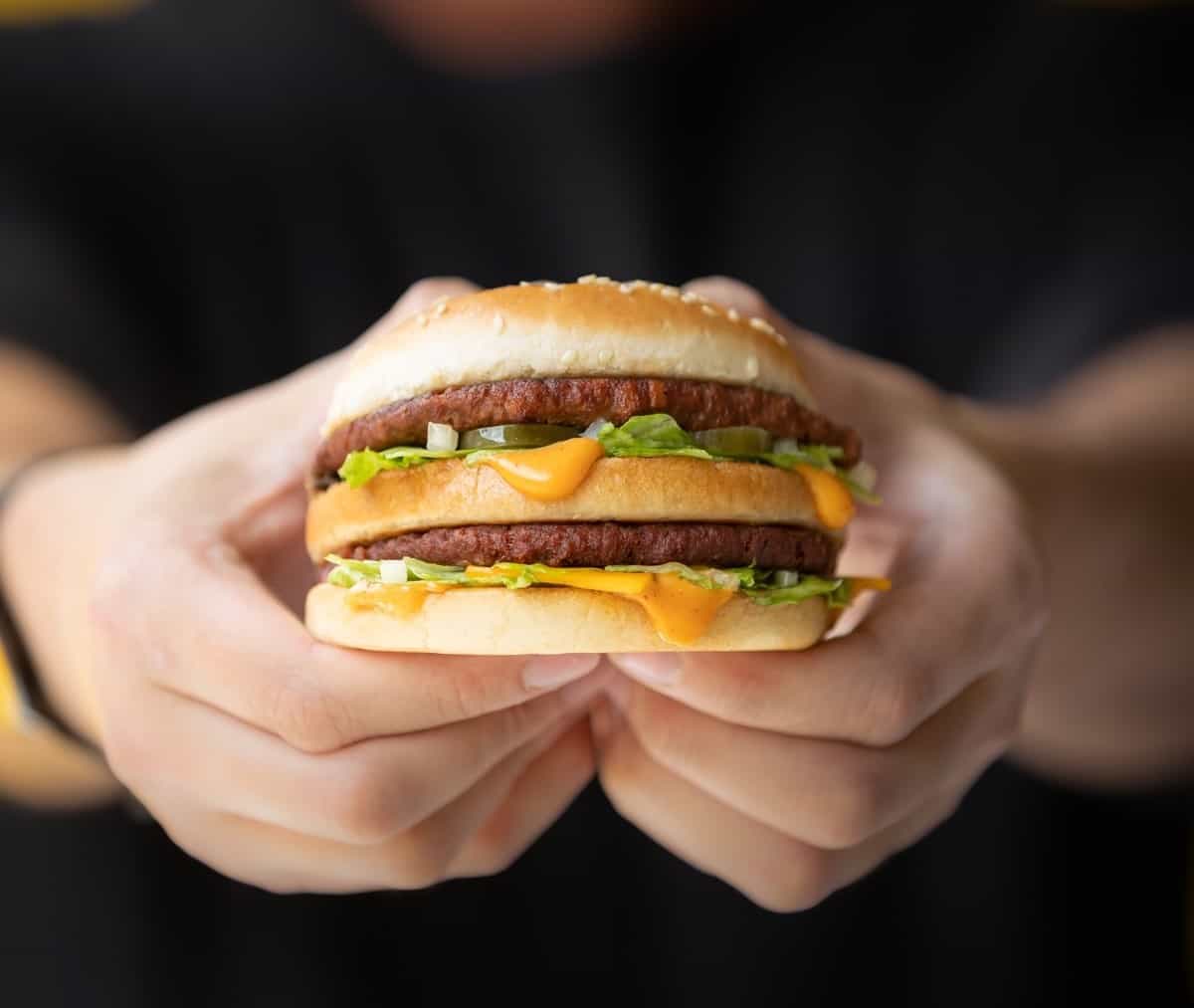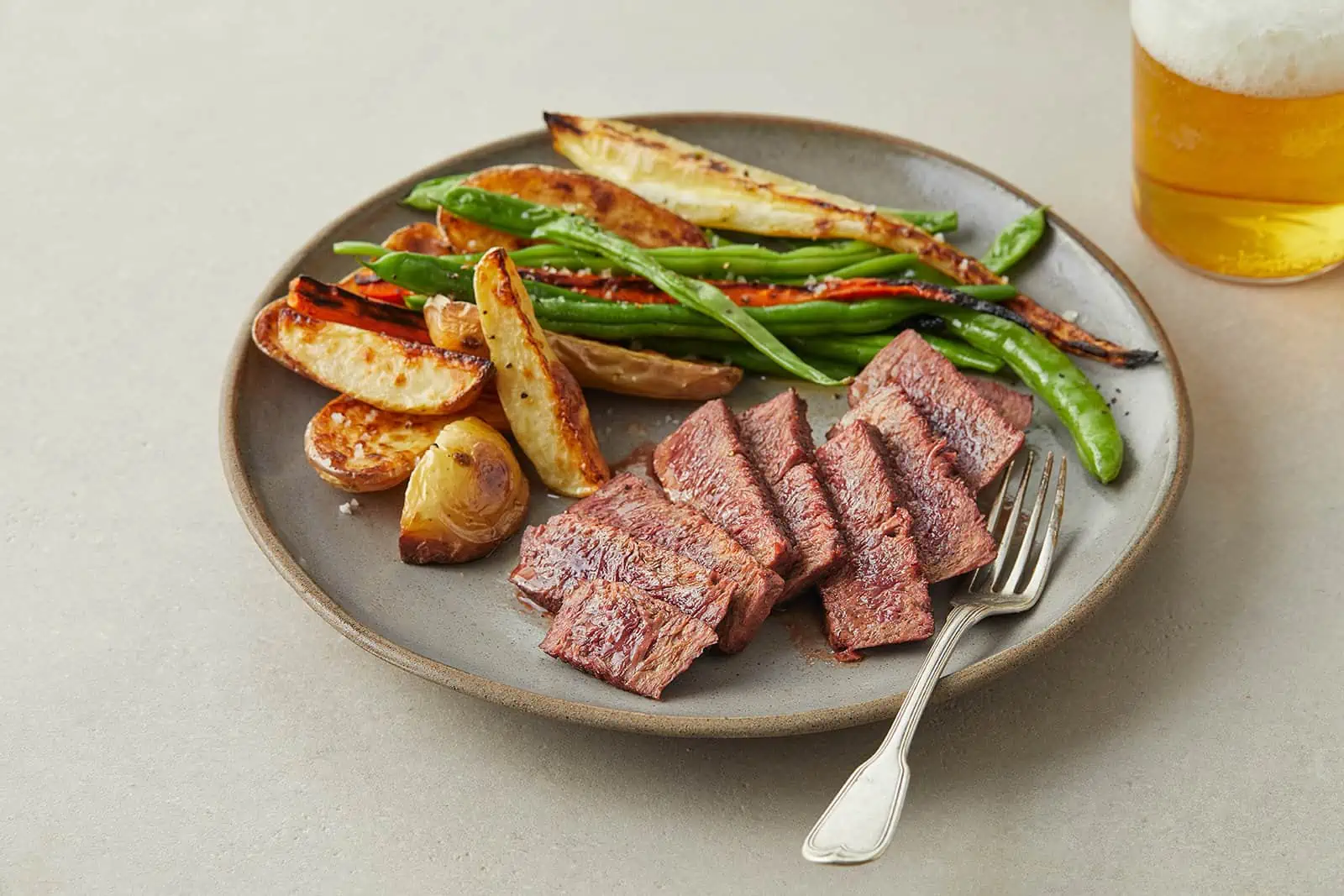BY ROB JORDAN
The analysis compares innovations and policies related to plant-based and lab-grown alternatives to animal meat and dairy in the U.S. and European Union. Its findings could help ensure legislation levels the food industry playing field.
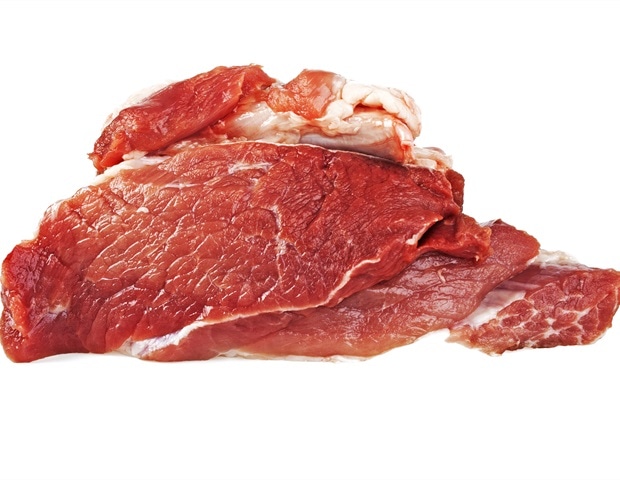
The summertime barbecue – an American tradition synonymous with celebrating freedom – may be tainted by a decidedly unfree market. A new Stanford study reveals how meat and dairy industry lobbying has ensured government regulations and funding block competition from alternative meat products with smaller climate and environmental impacts.
The summertime barbecue – an American tradition synonymous with celebrating freedom – may be tainted by a decidedly unfree market. A new Stanford study reveals how meat and dairy industry lobbying has influenced government regulations and funding to stifle competition from alternative meat products with smaller climate and environmental impacts. The analysis, published Aug. 18 in One Earth, compares innovations and policies related to plant-based meat alternatives and lab-grown meat in the U.S. and European Union. Its findings could help ensure legislation, such as the $428 billion U.S. Farm Bill set to expire Sept. 30, levels the food industry playing field.
“The lack of policies focused on reducing our reliance on animal-derived products and the lack of sufficient support to alternative technologies to make them competitive are symptomatic of a system still resisting fundamental changes,” said study lead author Simona Vallone, an Earth system science research associate in the Stanford Doerr School of Sustainability at the time of the research.

A growing problem
Livestock production is the agriculture sector’s largest emitter of the potent greenhouse gas methane, due to emissions from ruminants such as cattle, sheep, and goats. It’s also the main direct cause of tropical deforestation, due to pasture expansion and feed crop production. Numerous studies have demonstrated that dietary changes hold great potential to reduce humanity’s ecological footprint, especially a reduction in red meat consumption. At the same time, Western-style meat-heavy diets are becoming more popular around the world.
The researchers reviewed major agricultural policies from 2014 to 2020 that supported either the animal food product system or alternative technologies, and compared government spending on both systems. They also looked at related lobbying trends.
They found that governments consistently devoted most of their agricultural funding to livestock and feed production systems, avoided highlighting food production sustainability dimensions in nutrition guidelines, and attempted to introduce regulatory hurdles, such as narrow labeling standards, to the commercialization of meat alternatives. Major U.S. meat and dairy companies actively lobbied against environmental issues and regulations to tip the scales in their favor.

In the U.S., about 800 times more public funding and 190 times more lobbying money goes to animal-source food products than alternatives. In the EU, about 1,200 times more public funding and three times more lobbying money goes to animal-source food products. In both regions, nearly all plant-based meat patents were published by a small number of private companies or individuals, with just one U.S. company, Impossible Foods, owning half of the patents.
Among the anecdotes cited by the study:
- EU cattle producers were highly dependent on direct subsidy payments, which constituted at least 50% of their income during the study period. Some of these payments incentivized farmers to maintain herd size, keep pasture in production, or increase overall output.
- In 2017, following a European Court of Justice ruling, dairy terms such as milk and cheese could no longer be used to market most alternative milk and dairy products. Similarly, a proposed amendment to the U.S. Federal Food, Drug, and Cosmetic Act would prohibit the sale of alternative meats unless the product label included the word “imitation” and other clarifying statements indicating the non-animal origin.
** Click here to read the full-text **






